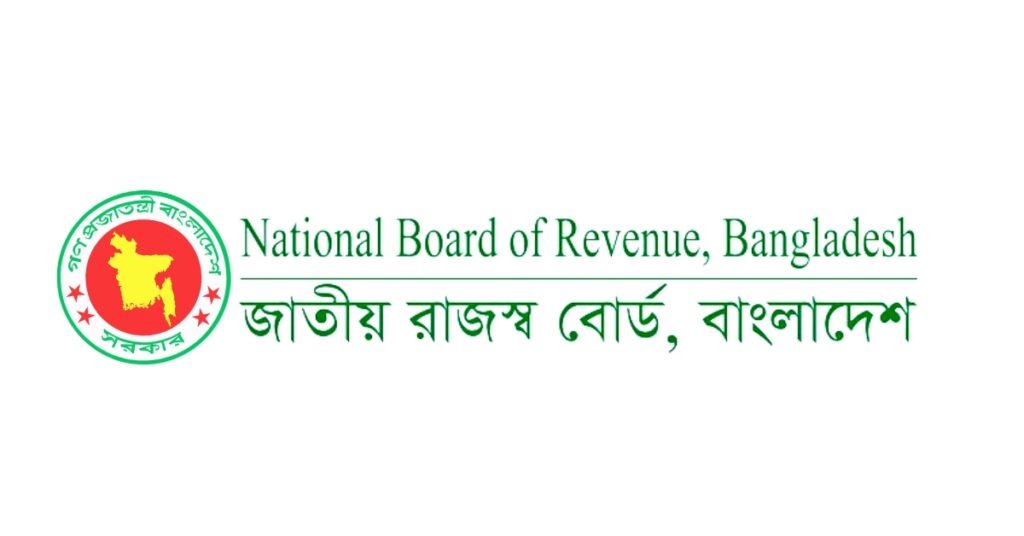Mid-Year Financial Strain: VAT and Duties on the Rise
VAT and Supplementary Duty Increases to Hit Consumers: Middle Class Faces New Financial Strain
The interim government of Bangladesh has announced sweeping changes to VAT (Value-Added Tax) and supplementary duties in an effort to boost revenue. This move is part of a broader strategy to meet revenue targets and fulfill conditions tied to the International Monetary Fund’s (IMF) loan program. The changes, which include increases in VAT for restaurants, apparel, sweets, and non-AC hotel services, as well as excise and supplementary duties on a range of products, are expected to raise costs for consumers and businesses alike.
While the government claims these measures are necessary for economic stability, critics argue that the timing—amid high inflation and stagnant wage growth—will place an undue burden on middle-class and upper-middle-class households.

A Significant Hike in VAT Rates
One of the most notable changes is the increase in VAT rates across several key sectors, which are integral to daily consumer spending. The revised rates a of VAT rates are given below:
| Sector | Current VAT Rate | New VAT Rate |
|---|---|---|
| Air-Conditioned Restaurants | 5% | 15% |
| Apparel Outlets | 7.5% | 15% |
| Sweet Shops | 7.5% | 15% |
| Non-AC Hotel Services | 7.5% | 15% |
For air-conditioned restaurants, the VAT hike means that dining out will cost significantly more, especially for families who enjoy occasional meals at such establishments. Similarly, the cost of buying clothes from apparel outlets will double in terms of VAT charges, potentially discouraging consumers from spending in this sector. Sweet shops, a staple for celebrations and special occasions, will also see a steep rise in taxes, making traditional treats less affordable.
The government is also targeting non-AC hotel services with the same VAT hike, affecting budget travelers and low-cost accommodations. For many, these changes represent a sharp increase in daily expenses.
Air Travel to Become Costlier
In addition to increased VAT, excise duties on air travel are set to rise. Both domestic and international travelers will face higher costs due to these changes. The details of the revised excise duties are as follows:
| Travel Type | Current Duty | New Duty |
|---|---|---|
| Domestic Routes | BDT 500 | BDT 700 |
| SAARC Region | BDT 500 | BDT 700 |
| Other Asian Countries | BDT 2,000 | BDT 2,500 |
| Europe and Americas | BDT 3,000 | BDT 4,000 |
The additional excise duties will be added to airline ticket prices, making both domestic and international travel less affordable. This comes as a blow to travelers who were already facing higher costs due to inflation and rising fuel prices.
Supplementary Duties on Everyday Products
The government has also increased supplementary duties on various products and services, further driving up costs for consumers. The revised rates include:
| Product/Service | Current Duty | New Duty |
|---|---|---|
| Alcohol Bills | 20% | 30% |
| Imported Fruit Juice | 20% | 30% |
| Tobacco | 60% | 100% |
| Betel Nut (Supari) | 30% | 45% |
Additionally, the government is reportedly considering increasing supplementary duties on mobile phone usage, particularly on talk time. If implemented, this will add to communication costs for millions of users.
Pressure from the IMF
Experts believe that these measures are closely tied to fulfilling conditions set by the IMF. Bangladesh is currently undergoing a $4.7 billion loan program with the IMF, and the organization has emphasized the need for greater revenue mobilization.
To secure an additional $750 million in loans, the government has committed to meeting strict revenue-collection targets. This includes raising VAT to the standard rate of 15% for most goods and services, a policy designed to align with IMF recommendations.
Speaking on the matter, Mustafizur Rahman, an honorary fellow at the Centre for Policy Dialogue (CPD), stated:
“The government needs revenue to manage growing liabilities, but the timing is critical. During high inflation, such decisions will inevitably increase the financial pressure on middle-income households.”
Rahman also stressed the need for mid-term strategies to increase direct taxes, which would place a greater burden on high-income earners rather than the middle class.
Impact on Small Businesses
Another significant change involves the turnover threshold for VAT registration. Currently, businesses with annual turnover between BDT 50 lakh and BDT 3 crore are required to pay turnover tax. However, under the new rules, businesses with turnover exceeding BDT 30 lakh may also fall under VAT requirements.
This move could increase tax compliance costs for small businesses, potentially discouraging entrepreneurship. Many small business owners fear that these additional tax liabilities will make it harder to stay profitable.
Economic Implications
The changes in VAT and supplementary duties are expected to have far-reaching implications for the economy. On the one hand, the government hopes to improve the tax-to-GDP ratio, which currently stands at one of the lowest levels in the region. On the other hand, the measures could stifle consumer spending, especially among middle-income households.
Critics argue that the timing of these changes is particularly problematic. With inflation already at elevated levels, higher taxes on essential goods and services could exacerbate financial hardships for many families.
The government’s decision to increase VAT and supplementary duties is a double-edged sword. While the move is expected to boost revenue and fulfill international loan conditions, it also risks placing a significant financial burden on consumers and small businesses.
As these changes are implemented, it remains to be seen how they will impact consumer behavior and economic growth. In the meantime, policymakers must carefully monitor the effects of these measures and consider adjustments to ensure that the most vulnerable segments of the population are not disproportionately affected.





